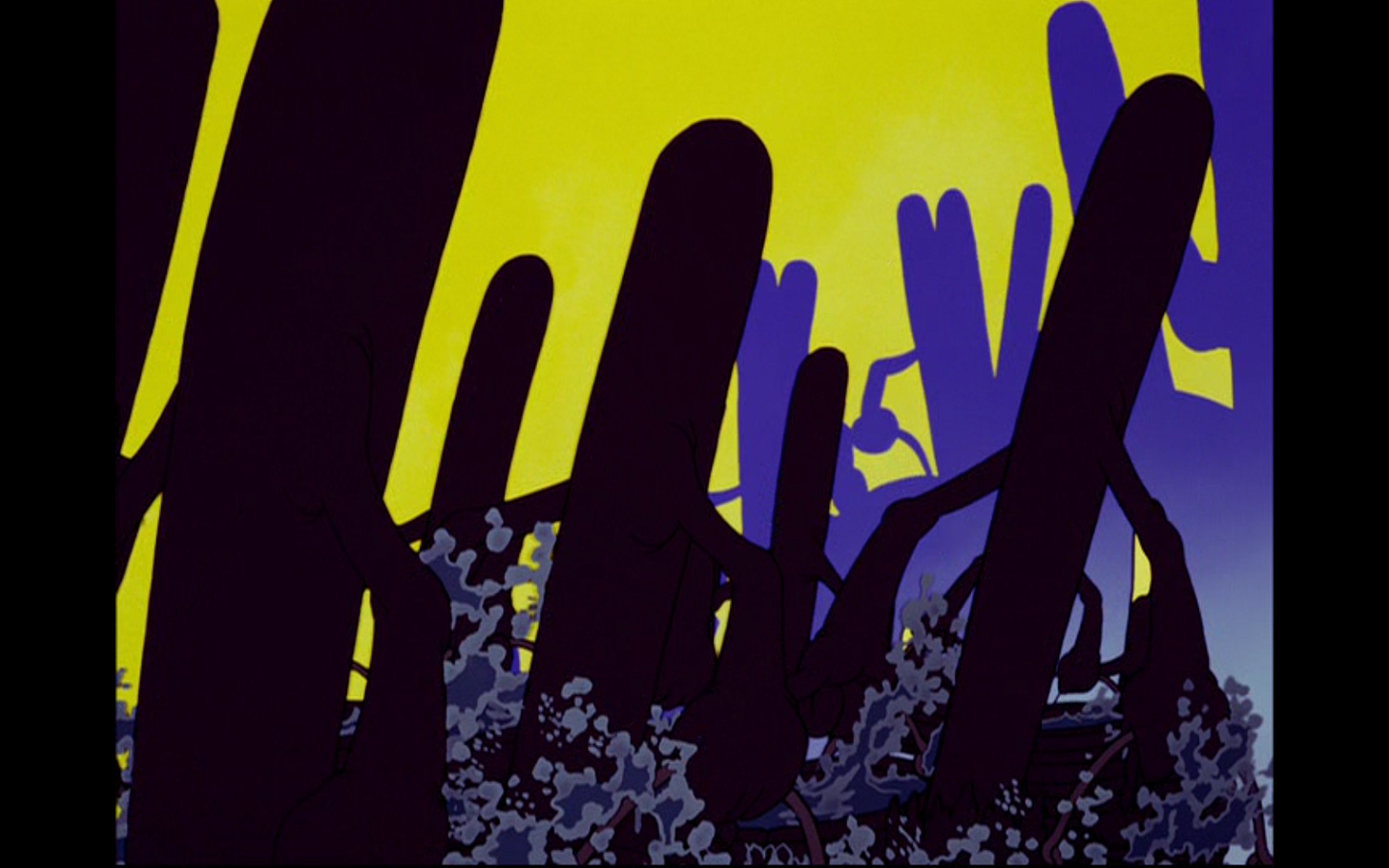In Homo Deus, the futurist Yuval Noah Harari characterises modernity as “a surprisingly simple deal” in which “humans agree to give up meaning in exchange for power.” But with great power comes great responsibility - or, alternatively, great temptation.
The artists always see it first. Prescient poets grasped the contours of that bargain from the very o…



